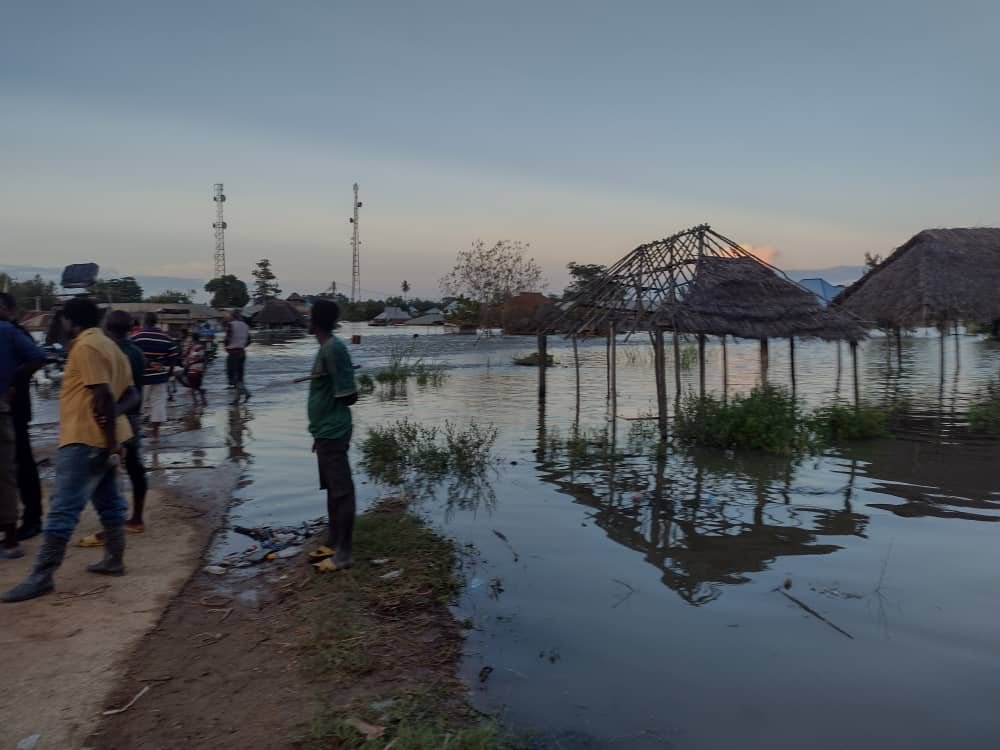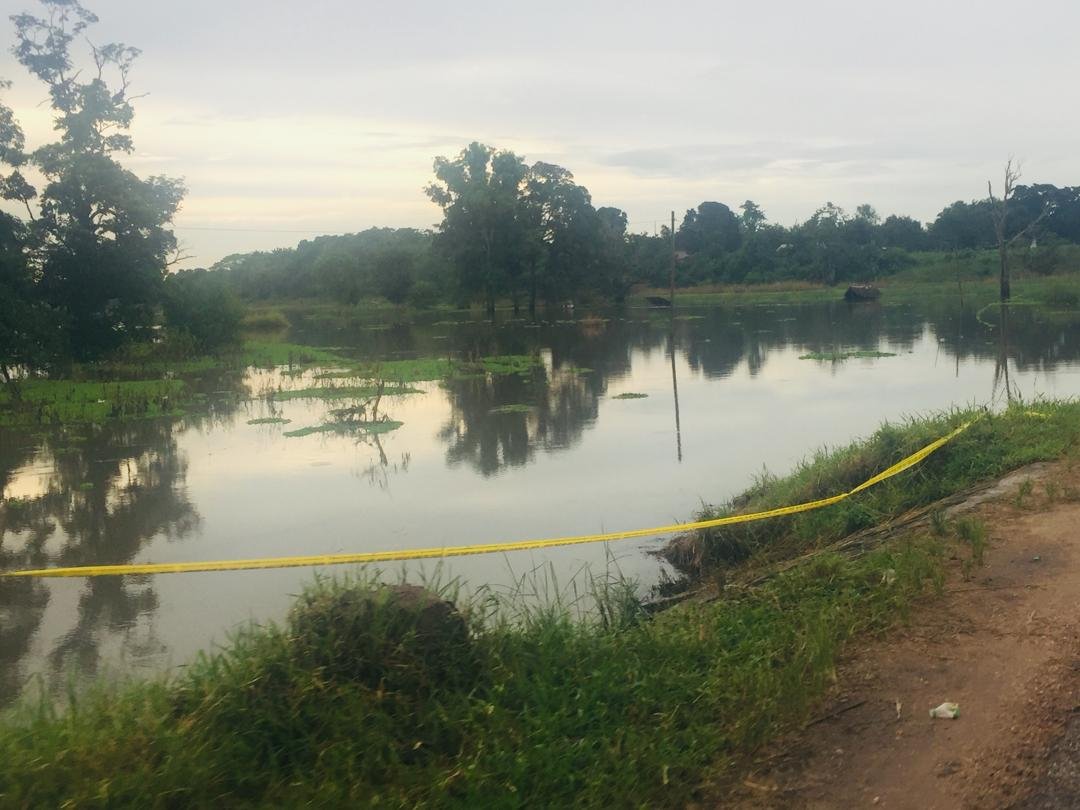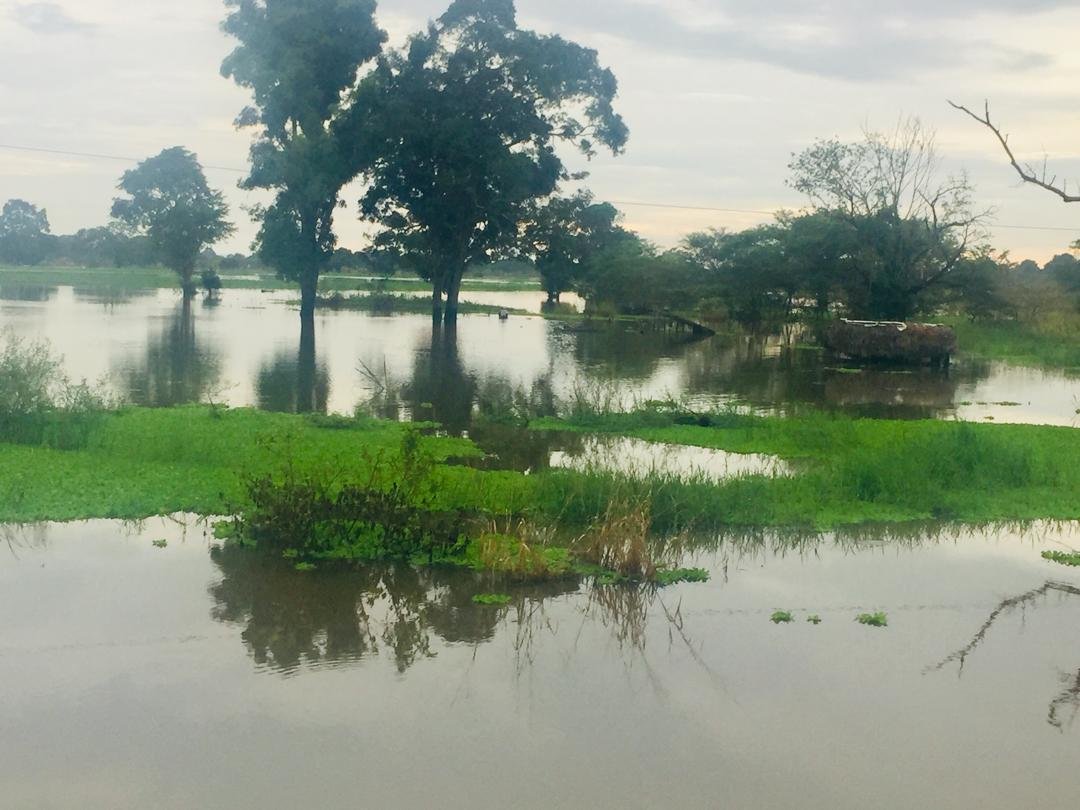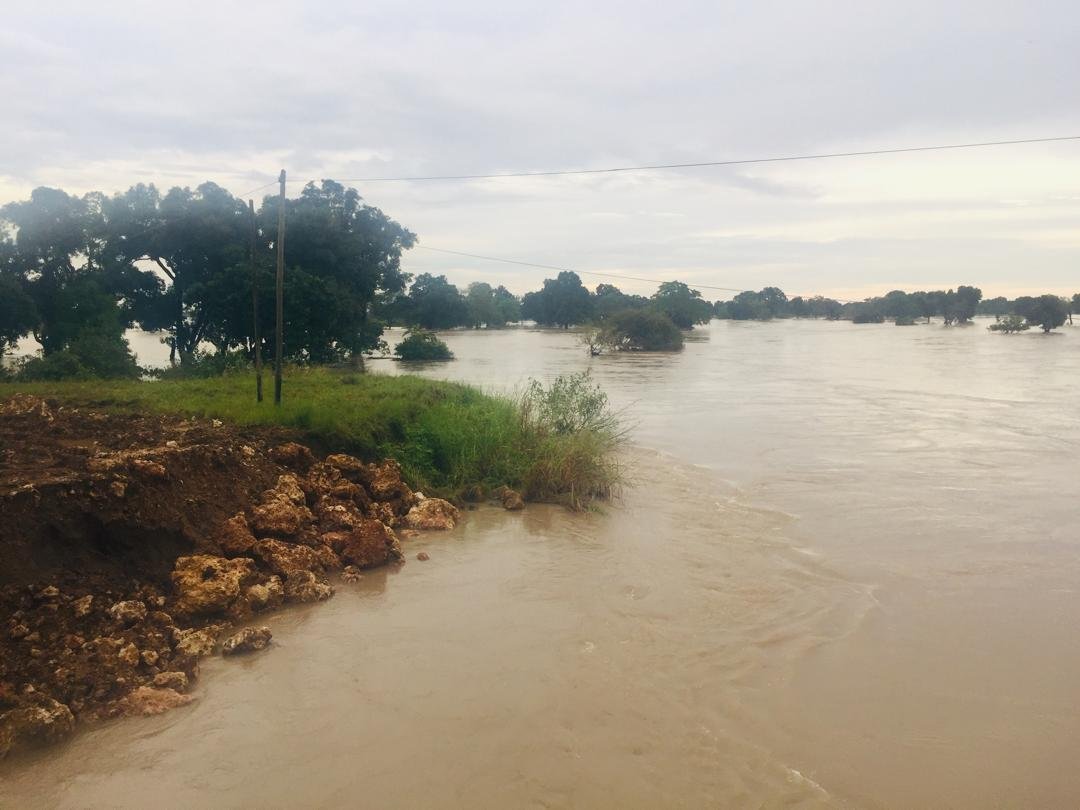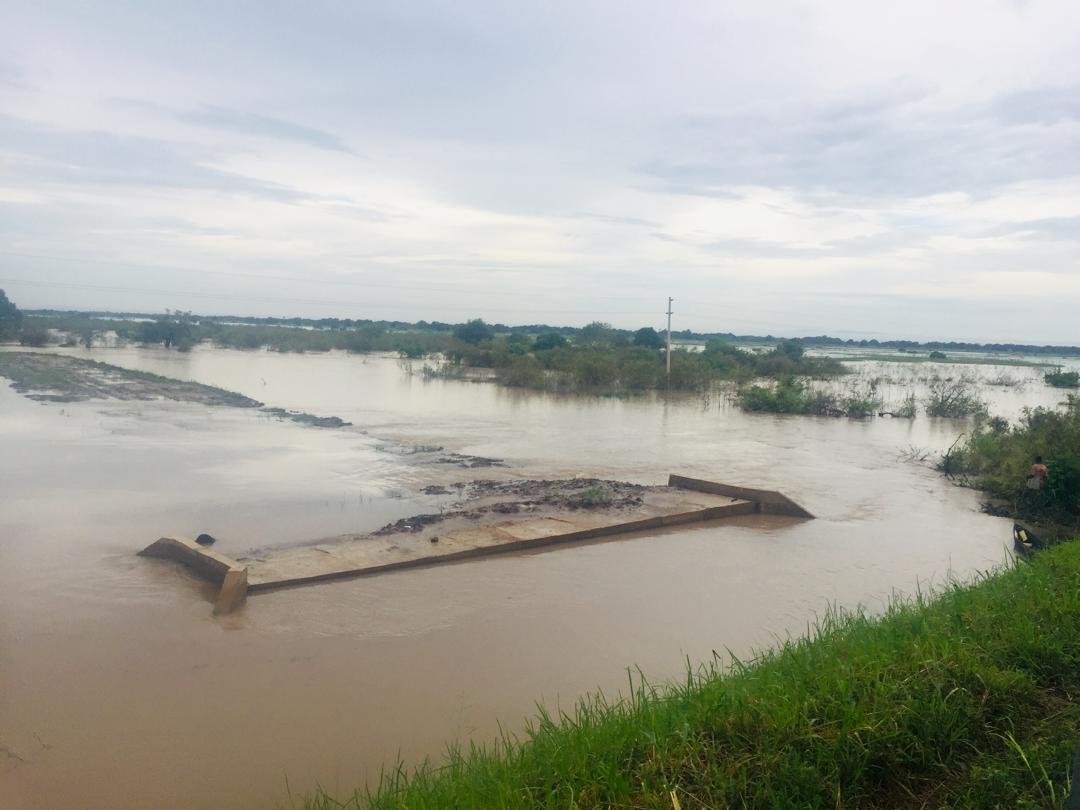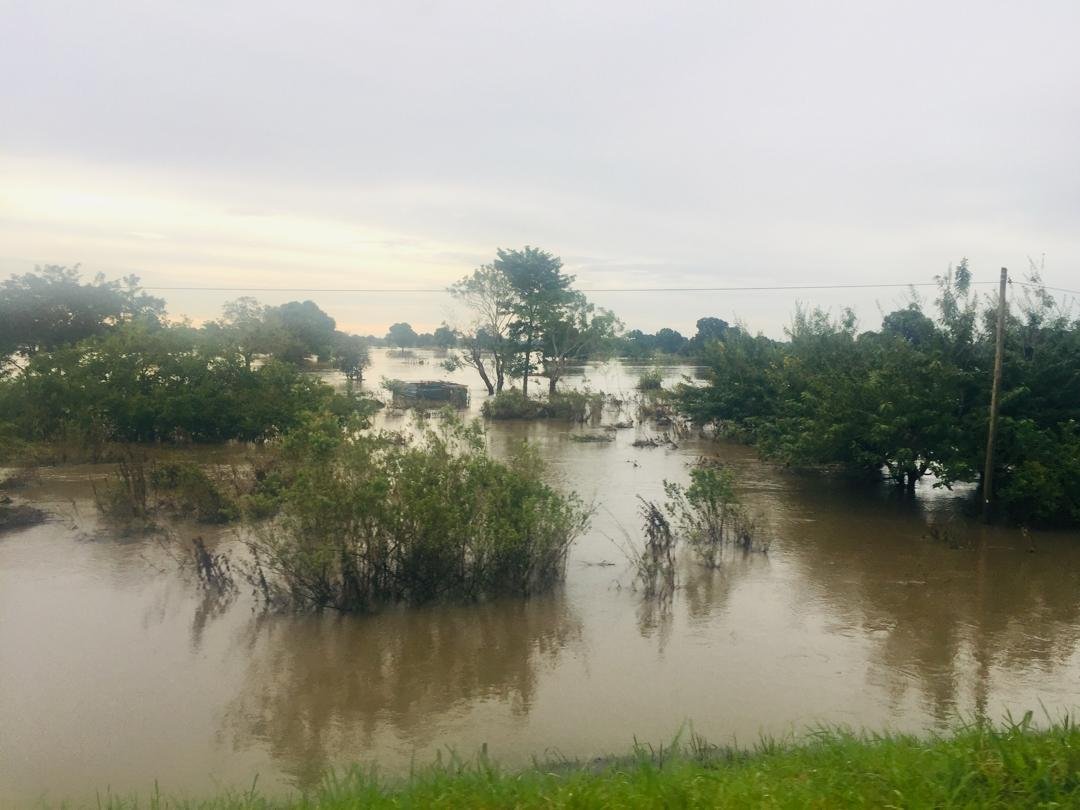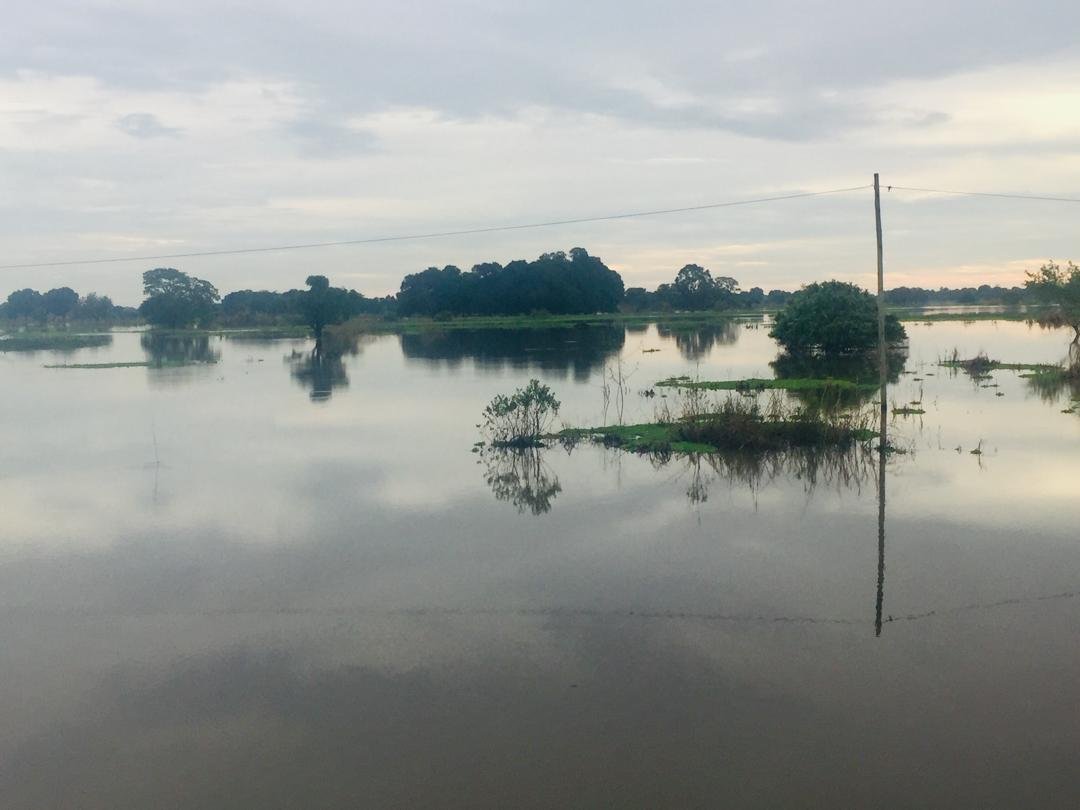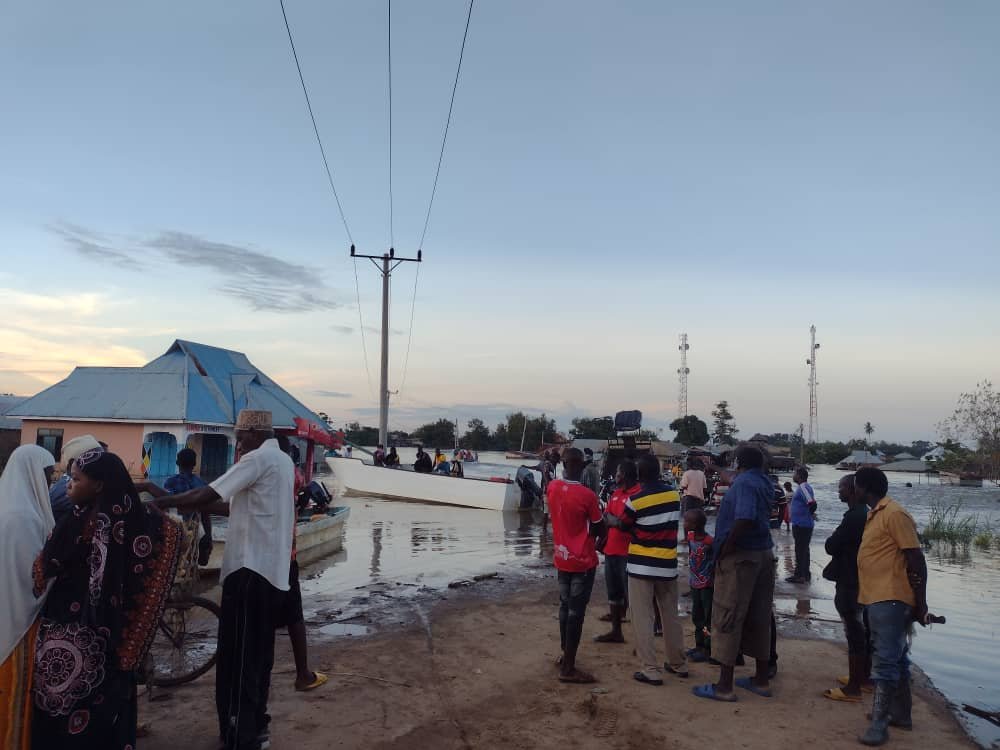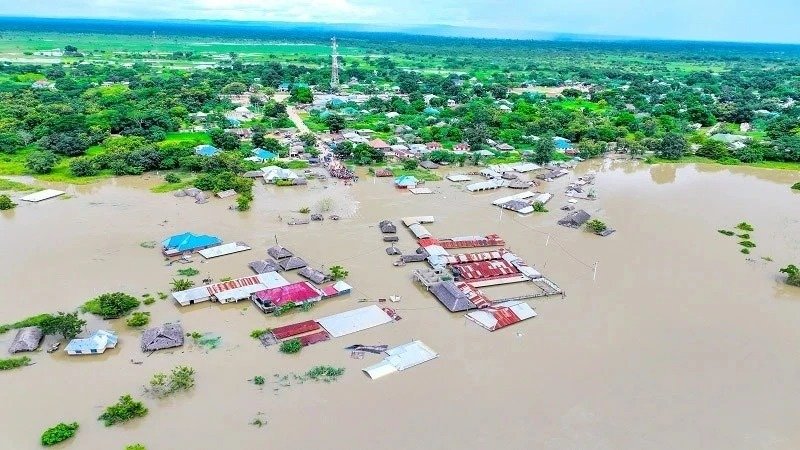East African Floods - updates from our partners
East Africa has experienced devastating rain in recent weeks, causing serious flooding in Kenya and Tanzania. So far, there have been 115 deaths in Tanzania and over 100 in Kenya. Current estimates say that at least 200,000 people have been displaced in Kenya, and a further 100,000 in Tanzania.
Recent years have seen the region swing from severe drought, caused in 2023 by five failed rainy seasons, to severe flooding. These swings devastate farmland, wiping out crops and degrading topsoil, hitting farmer livelihoods hard and causing sudden increases in food prices.
Below, Filbert Kavia, our East Africa Regional Director, describes the devastating impact on the small producers we have been working with:
Transform Trade has worked alongside producers across East Africa for over 30 years. Climate change is one of the biggest threats they face. For example, we have been working with communities in the Ksarawe and Rufiji districts of Tanzania on climate adaptation. Because of our focus on trade, we try to combine activities that help to fight and adjust to climate change with activities that strengthen businesses.
Farmers we work with grow a variety of vegetables, fruit trees, cocoa, coffee, tea, cashews and sunflowers, for both international and local markets as well as producing honey and farming chickens. Having a range of activities can help ensure a consistent income, for example if a crop fails, the farmer may be able to rely on chicken production for an income.
We have been working with them to help them become more resilient to climate change. For example, we have supported training programmes on adapting farming techniques to climate change. This includes the use of cover crops, organic manures, crop rotations, the use of pest and disease-resistant plant varieties and water harvesting. Farmers have also engaged in learning about deforestation and the benefits of afforestation.
Links with the Tanzania Meteorological Authority means that farmers now have better access to forecast information to allow them to plan farm activities. We have developed radio shows to reach as many farmers as possible to help them understand the impact of climate change and some ways they can help to mitigate the impacts. And we’ve been working to install solar ovens for drying fruits and vegetables, and solar-powered pumps for irrigation during the dry season.
However, today we are seeing an example of how farmers alone cannot deal with the impacts of climate change. Heavy rainfall and floods in Tanzania and Kenya have severely affected the farmers we work with. Eight out of twenty-three villages where our partners are based have experienced serious flooding. All rural roads in Kisarawe and Rufiji, two of the districts we work in, are impassable. Sunflower and vegetables are the most affected: any planting that has already happened will now fail and it will not be possible to plant in affected fields for some time. This means that crops are unlikely to be grown in the affected areas and farmers will lose their incomes. Farmers with fruit trees, poultry and honey production will be less severely affected, however they will struggle to get their produce to market because the roads have been destroyed.
Above: Photographs of flooded farmland in Tanzania, taken by the Transform Trade team.
As well as the direct impact to farming, communities are already experiencing food insecurity. Many people have been displaced and find themselves homeless. There is a significant fear that there will be an outbreak of water borne diseases due both to the standing water and the fact that large numbers of people are grouped together in safe areas. Difficulties in accessing affected areas because of the impact on roads could exacerbate this situation as food and medical supplies will struggle to reach the area.
We will be talking to farmers about what they need for the coming year and beyond. In the short term, farmers will need financial support to ensure they don’t fall into debt as a result of the floods, and are able to rebuild farms ready for the next growing season.
In the longer term, we will be working with them to ensure that they have a voice in decisions that are made about the response to climate change. This might include building flood defences, ensuring insurance and compensation schemes are open to farmers, as well as increasing farm diversification to help farmers cope with these kinds of events. We also need to ensure that supply chains take account of the changing needs and increased burden that climate change brings, so that farmers are able to take action.
If you’d like to make a donation to support Transform Trade’s work, so that we can continue to work with farmers and producers who are fighting for a fair deal from trade systems, please follow this link.

